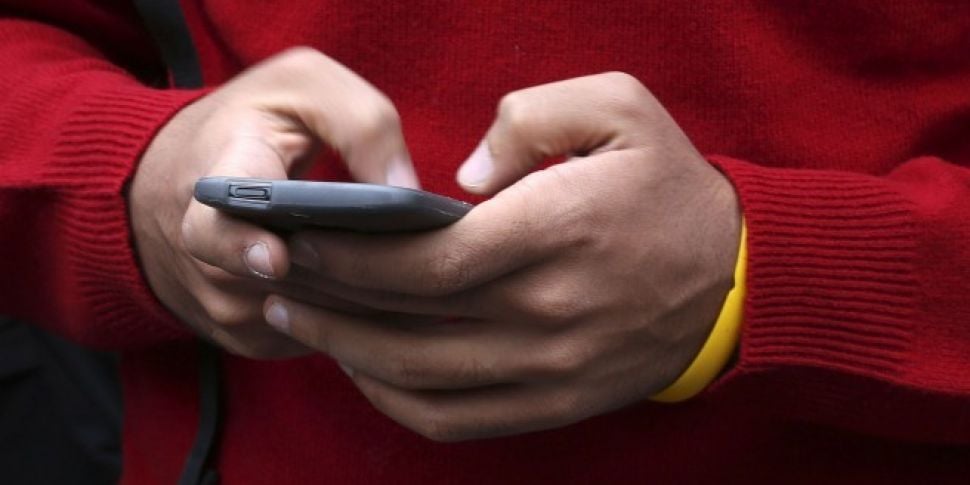“I think it’s absolutely vital at this stage that we all as adults – and I’m talking about teachers, I’m about parents, anyone involved with young people – we collectively need to get our heads out of the sand very quickly in relation to this issue.”
That’s according to systemic psychotherapist Anne McCormack, who joined Newstalk Breakfast this morning to take part in a national conversation about pornography. Prompted by an Taoiseach Enda Kenny, Newstalk is leading that debate, on air and online.
Crunching the numbers
According to the RED C poll commissioned by Newstalk ahead of #PornWeek, seven out of 10 parents are worried about their children sending or receiving explicit photos to or from other children. Anne McCormack, writer of Keeping Your Child Safe on Social Media: Five Easy Steps, appeared in Newstalk’s Dublin studios to speak about how vital it is for Irish adults to accept that young people are accessing sexually-explicit materials.
“It is crucial that young people be given space about what is happening in their lives in relation to sexually-explicit content,” she said in an emotionally charged interview. Looking beyond hard-core videos and photographs, McCormack drew attention to modern phenomena like sexting and selfie culture, which can see young children and teenagers feeling pressured into sending damaging images to their peers.
The breakdown of how the 1,000 respondents to Newstalk's pornography study said they were worried by sexting as a social media phenomenon [Newstalk/RED C]
“A lot of young people are following celebrities that they really admire on Instagram. It’s a social media site that very children are on. It’s meant to be for 13 years and older, but children even younger than that are on it. Following celebrities who post quite sexually-explicit images and that tend to glamorise the whole issue of pornography, in my view.”
A thorny issue
When pressed upon how adults, especially teachers, might struggle with how to engage younger people in a frank but age-appropriate discussion about what pornography really means, McCormack said it was important to ask framing questions that young people can understand.
“One example of a conversation that I would be very comfortable having with a 12-year-old, and this is just one example, would be to say ‘Do you know the difference between an object and a person?’ That’s a simple, easy conversation piece to have with a child. And that then brings up the whole beginning part of a whole conversation about sexual objectification, which is part of what happens to young people when they become involved in viewing pornography.”
#PornWeek poll - At what age did you first receive formal sex education?
— Newstalk (@NewstalkFM) March 21, 2017
But McCormack argues that adults have to take the lead on this delicate topic, because otherwise young adults and children are codifying the graphic acts they view on screens as typical behaviour.
“There is massive pressure on young people to perform in ways they don’t feel in any way comfortable with. And yet because they’re seeing things online, they’re believing this is normal, this is expected. It’s absolutely not okay for the adults in this country today to not take this on as an issue on behalf of our young people.”
To listen back to the full interview with systemic psychotherapist Anne McCormack from this morning’s Newstalk Drive, please click on the embedded podcast below:











